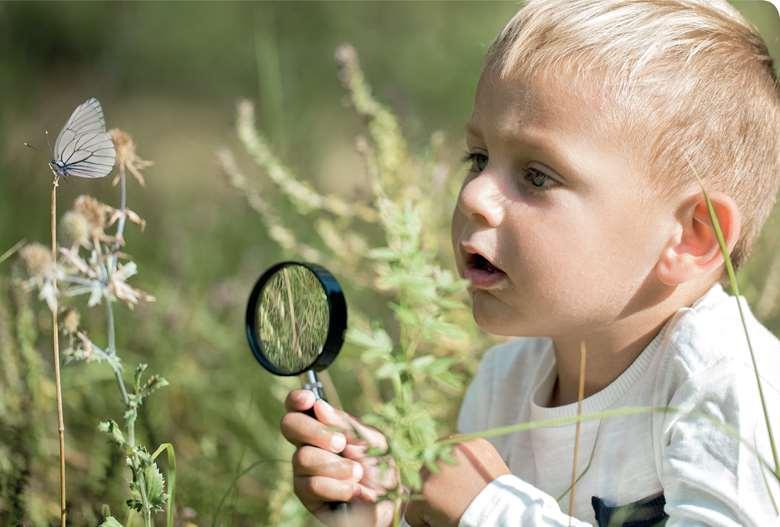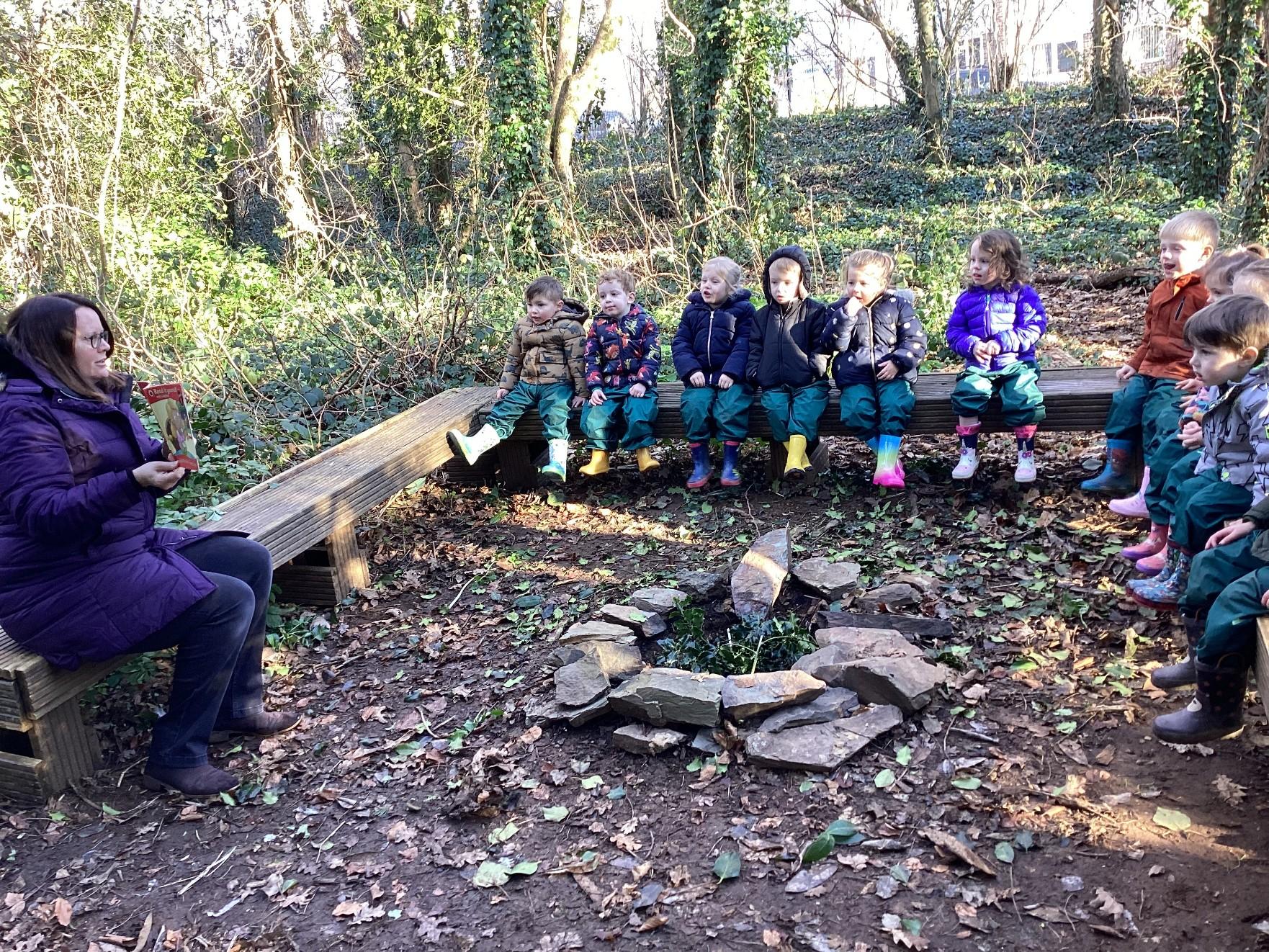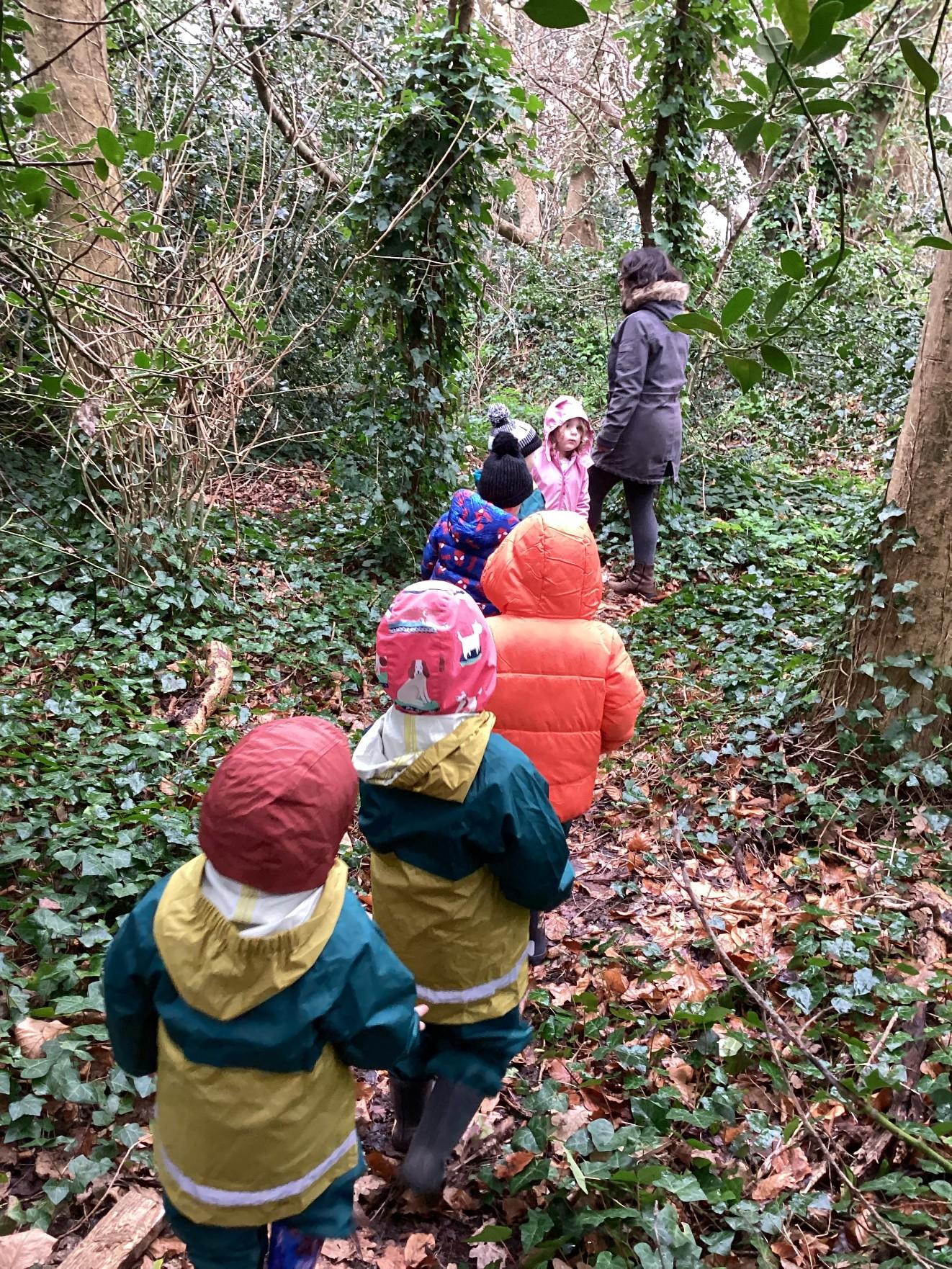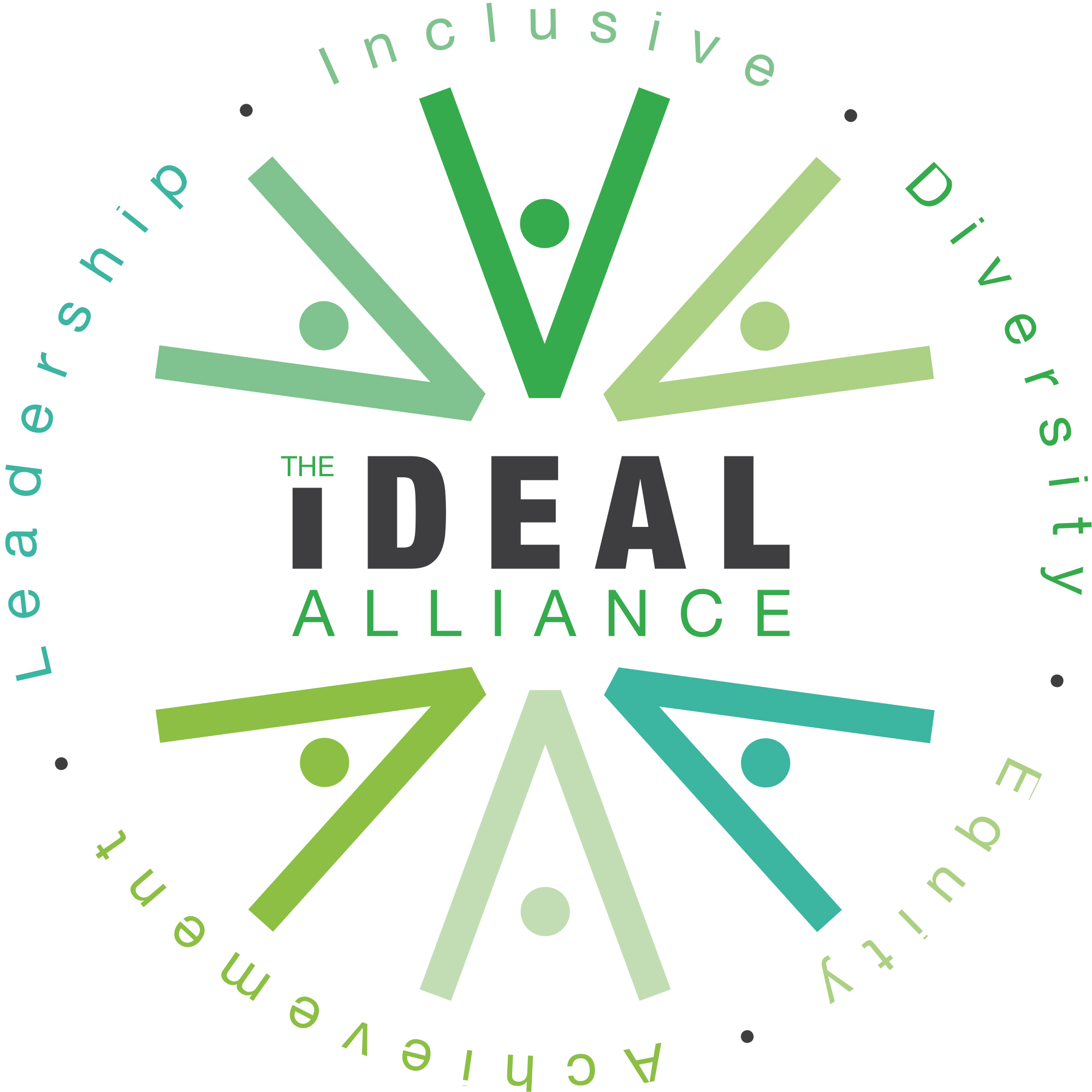Understanding of the World

Personal Experiences
When children begin to understand their personal experiences, through interaction with adults and other children, they begin to make sense of the world.
Babies begin to develop a sense of self from birth and this is supported by how parents and carers respond and interact. Positive experiences and emotional attachments affect the baby’s development, in particular how they perceive themselves and how they relate to others. Once a baby becomes mobile, the world starts to look very different. They start to use facial expressions and pointing to indicate their needs in addition to sounds like crying. Responsive adults will more often than not tune into these needs. As a baby gets older, they have more opportunities to explore. You can accompany these explorations with gentle rhymes and songs. Babies can tune into the melodic line of storytelling, so finding stories that reflect their interests will help to enrich these early experiences.
Children communicating verbally start to build their vocabulary to describe their personal experiences. Personal experiences contribute to children’s emerging sense of place, such where they live and other familiar places, and their sense of time. They begin to understand what happens over a day. They’re aware of morning, afternoon, evening and night time.
Diverse World
Diversity describes differences in age, culture, family structures, disabilities, ethnicity, gender, religion and sexual orientation. Understanding of a diverse world also includes understanding technological and ecological diversity. There’s diversity in all communities. The more experience children have of being out and about in their community the more they are able to understand their community and make a contribution.
Having an idea of who they are as a child, within a family, leads naturally to being curious about everyone else. Starting in a setting or belonging to a childminder’s family, children begin to sense other relationships outside their own family. From an early age children have formed attitudes towards children different from themselves. Support children to be curious about people around them, to see and understand similarities and differences. In this way children will be curious and respectful about others and become a positive member of a diverse world.
Children need to be able to form positive relationships, especially with other people who do things differently to themselves and their family. Children’s natural curiosity needs to be nurtured, nourished and extended to include their friends in the setting.
Widening Vocabulary
Babies are constantly showing that they want to communicate as they respond to different types of stimulation. We work to enrich all children’s vocabulary whatever their starting point. Whether young infants or children with additional needs or children with English as an additional language. We describe experiences using the correct vocabulary, playing alongside children. Encourage and support children with their first attempts to use wider vocabulary.
We describe aspects of the social, cultural, ecological and technological areas of learning as a way of demonstrating new vocabulary to the children. In the diverse world section we discuss the social and cultural aspects of life and learning. There are opportunities for new vocabulary here.
Technological aspects of life and learning include devices like mobile phones, tablets, TVs, computers, cash machines, supermarket check-outs and cameras. Babies and children observe how adults use these and this helps widen their vocabulary.
Ecological aspects of life and learning include children’s attention to resources being recycled, reused, reduced and repurposed.
Both technological and ecological aspects of life and learning include confidence in science. Children will start to learn scientific ideas as they take part in exploratory play with natural materials, gardening, musical instruments, cooking experiences, art materials and outdoors, where children have direct experience of the weather and the seasons.
We have books and images in our setting that support all these interests and aspects of understanding the world support children to gain their early literacy skills. Understanding the world presents the young child with a vast range of language and literacy possibilities.
Nature Explorers
“We could never have loved the earth so well if we had had no childhood in it” George Elliot
What is Nature Explorers?

"The outdoor environments promote children’s curiosity." Ofsted, March 2024
Nature Explorers is so much more than just doing activities outside. Through our Nature Explorer sessions we want children to grow in their appreciation and curiosity of the amazing world around them. We want them to learn about nature; through nature and in nature.
Nursery staff build on the children’s interests and use their questions and ideas to shape each session. What may start off as an exciting walk stomping down muddy tracks and splashing in puddles may turn into a natural art session, painting with sticks and mud. We never quite know where these sessions will end up, which makes it just as exciting for the staff as it does for the children.
What we do know for sure is that each session is bursting with learning opportunities. Observations of children during Nature Explorers have shown that they:
- Grow in their confidence and self-esteem.
- Develop their language and communication skills.
- Ask lots of questions and engage in critical thinking and problem-solving together.
- Carefully observe the natural world and begin to spot patterns and change.
- Develop an appreciation of the world around them and learn how to look after it better.
- Have fun.

Frequently Asked Questions
Where do these sessions happen?
We are extremely fortunate to have an ever-evolving area of our nursery grounds dedicated to Nature Explorer sessions in the form of our Nature Garden. We also make use of the nearby Ham Woods. These two spaces provide a fabulous natural resource with a range of different aspects to explore.
What do children need to bring?
The only thing your child will need to bring into take part in a Nature Explorer session is a pair of welly boots. We will provide everything else that they need.
When will these sessions happen?
Every child will have opportunities to take part in Nature Explorer sessions during their time at Ham Drive. These happen at different points in the year, and we will let you know when your child is going so that you can ask them about their adventures. We go in all different types of weather, unless it is unsafe to do so.
Can I join in?
Throughout the year we run some special events where parents and carers are invited to come along and join in the fun. Look out for more information on our FAMly app.
